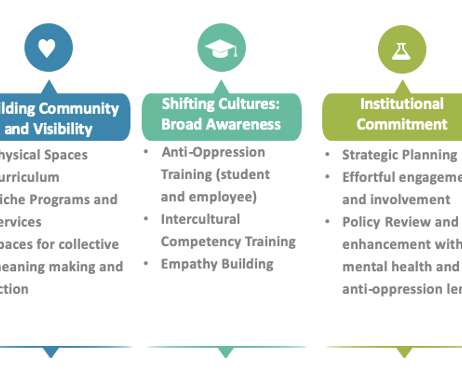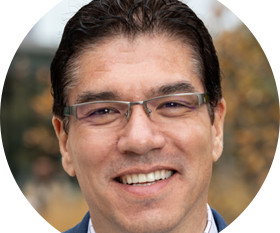Mental Health and Learning Among Students with Marginalized Sociodemographic Identities
Supporting Student Success
FEBRUARY 23, 2021
Stress is a natural part of the human condition, and can be performance enhancing at low to moderate levels. This response has had adaptive value over the course of human evolution, when stressors often involved reacting to immediate threats to our survival. Stress, Mental Health and Learning. 2009; Kirmayer et al.,












Let's personalize your content